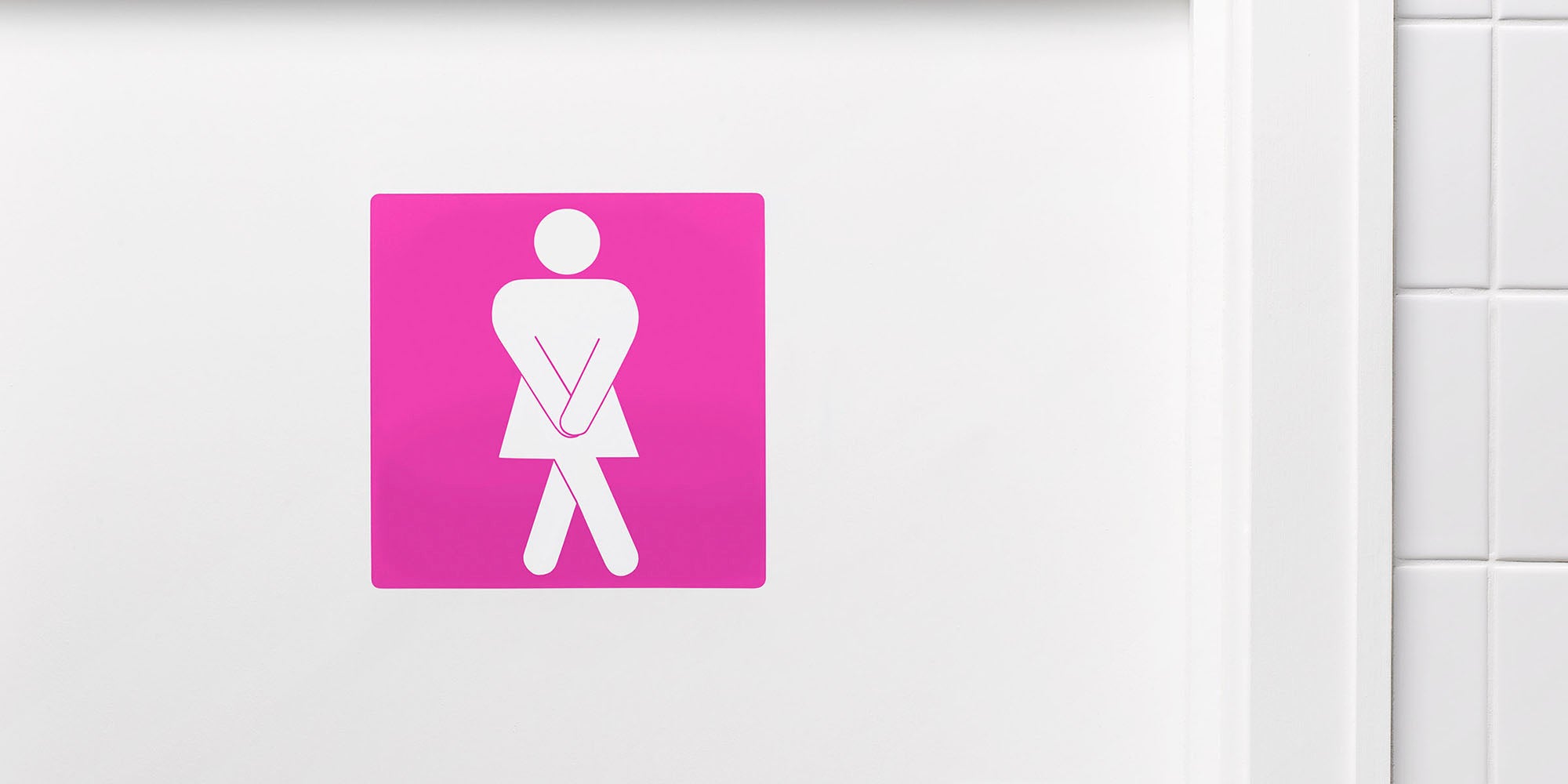Life After Urinary Incontinence
August 25, 2021
Urinary incontinence is the loss of bladder control. Although it can affect anyone, the condition is twice as prevalent in women than men. It often begins during pregnancy, after childbirth, and during and after menopause – all of which can weaken a woman's pelvis support muscles. The symptoms vary widely – from leaking a few drops of urine while coughing or sneezing to a sudden urge to urinate that prevents you from making it to the bathroom in time. Regardless of the severity of the condition, incontinence can be embarrassing, and it may have a negative impact on your life.
According to the Occupational Safety and Health Administration, the two most common types of urinary incontinence are stress incontinence and urge incontinence, also called an overactive bladder.
- Stress incontinence- The most common type of this condition, stress incontinence is the result of excessive pressure on the bladder from weak pelvis floor muscles. In addition to coughing and sneezing, laughing and exercising can also cause urine leakage.
- Urge incontinence or overactive bladder- More common in older women, this type of incontinence is characterized by the inability to postpone urination following a strong or sudden urge to urinate. It can also involve a frequent need to urinate; a need that may even wake the individual from sleep or result from hearing or touching running water.
Many women suffer from both stress and urge incontinence, and this condition is known as "mixed" incontinence.
If you suffer from urinary incontinence, there are several steps you can immediately take to ease the condition.
- Kegel exercises – If you have stress incontinence, Kegel exercises to strengthen your pelvic floor muscles may help.
- Bladder "training" – You can help control an overactive bladder or urge incontinence by going to the bathroom at set times. Begin by keeping a "bladder diary" to track how often you urinate and then slowly add about 15 minutes between trips to the bathroom. By gradually increasing the time between bathroom visits, your bladder will learn to hold more urine before indicating that you need to go again.
- Weight loss – Bladder control issues can be exacerbated by extra weight that puts more pressure on your bladder and nearby muscles.
- Eating habits – Drinks with caffeine, carbonation (such as sodas), or alcohol may make bladder leakage or urinary incontinence worse.
- Quit smoking – Smoking can make many health problems, including urinary incontinence, worse.
If these actions don't provide relief from urinary incontinence, your primary care physician or your gynecologist may refer you to a urogynecologist who specializes in issues involving the female pelvis floor. The urogynecologist will be able to properly diagnose the type of urinary incontinence you have and then work with you to develop an individualized treatment plan. A variety of clinical treatments are available for urinary incontinence, including medication, the use of a vaginal pessary, and surgery.
You don't need to look further than Trinity Health Of New England Urogynecology Services for expertise in evaluating and treating female pelvic conditions. Our clinical providers have extensive experience in urogynecology, female urology, and pelvic reconstruction. They also provide consultation on a host of related issues including pelvic organ prolapse, emptying disorders of the bladder and bowel, and recurrent urinary tract infections.
For more information, please call Trinity Health Of New England's Women's Care Concierge at 1-833-NE-WOMEN (1-833-639-6636).
